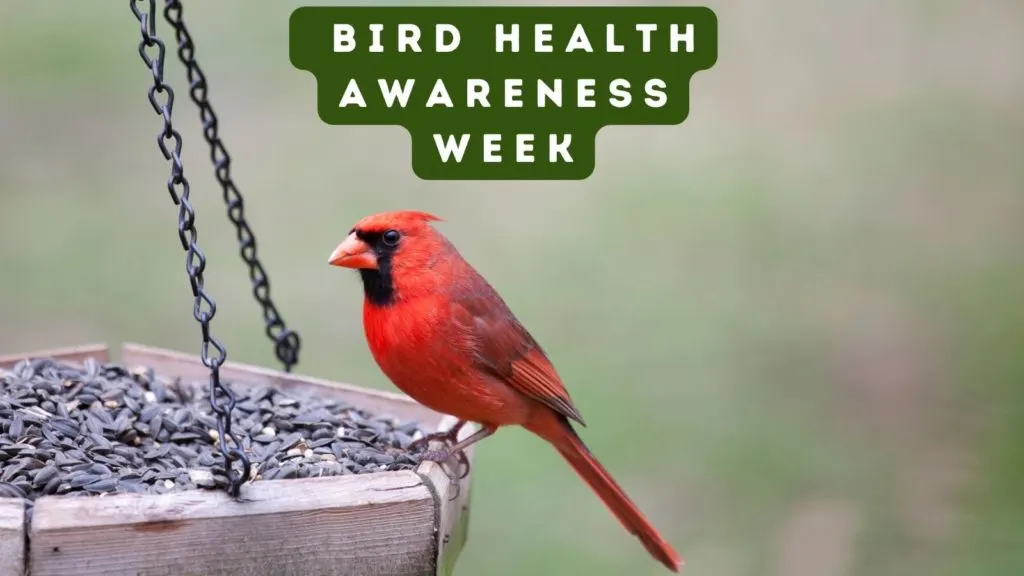Bird Health Awareness Week is a crucial time for bird enthusiasts, conservationists, and nature lovers to turn their focus to the health and well-being of wild birds. This period is set aside to heighten awareness about the challenges faced by our avian friends in the wild and to educate the public on the essential role we all play in safeguarding their health. From understanding the impacts of environmental changes to implementing practices that support wild bird populations, let’s delve into how we can help these vital creatures thrive.

When is Bird Health Awareness Week?
Bird Health Awareness Week is recognized every year during the last full week of February. The week is dedicated to highlighting the importance of bird health, including wild birds, pet birds and avian livestock. It aims to educate the public on proper bird care, the importance of avian veterinary medicine, and the impact of environmental factors on bird health. This observance is crucial in promoting responsible bird ownership and protecting wild bird populations.
Participating in Bird Health Awareness Week: Wild Birds Edition
Promoting the health of wild birds involves various actions, each contributing to their safety and well-being:
Create Bird-Friendly Habitats: Transform your garden or community spaces into bird havens with native plants that provide natural food sources and shelter.
Clean Your Feeders and Bird Baths: Disease can easily be spread among birds at bird feeders and baths. Keep yours clean!
Support Conservation Efforts: Engage with and support local and global conservation initiatives aimed at protecting bird habitats and biodiversity.
Reduce Environmental Impact: Minimize the use of pesticides and chemicals that can harm birds. Advocate for environmentally friendly practices in your community.
Promote Responsible Bird Feeding: Learn about the right types of food for different bird species and maintain cleanliness around feeders to prevent the spread of disease.
Educate and Raise Awareness: Share information about the importance of wild bird health. Participate in educational events or social media campaigns to spread awareness.
Participate in Citizen Science Projects: Engage in bird counts and other wildlife monitoring activities that help track the health and populations of wild birds.
Advocate for Policy Change: Support legislation and policies that benefit wild bird conservation and their habitats.
Interesting Facts About Wild Bird Health
- Importance of Biodiversity: Healthy bird populations are indicators of a healthy ecosystem.
- Impact of Climate Change: Changing climates can disrupt migratory patterns and habitats of birds.
- Disease Monitoring: Monitoring wild bird health can help in early detection of diseases that could affect birds and sometimes humans.
- Window Strikes: Millions of birds die annually from window collisions. Using bird-safe windows can significantly reduce these deaths.
Bird Health Awareness Week serves as a poignant reminder of our shared responsibility in protecting the health of wild birds. The actions we take, no matter how small, can have a profound impact on the preservation of these essential members of our ecosystems. By creating bird-friendly environments, supporting conservation efforts, and educating ourselves and others, we can help ensure that wild birds continue to flourish.
More Bird Holidays
We have dozens of bird holidays here on BirdTipper including these you might enjoy:
- 8 Letter Bird Names - August 14, 2024
- 7 Letter Bird Names - August 14, 2024
- 7 Birds Named After Famous People - July 23, 2024
